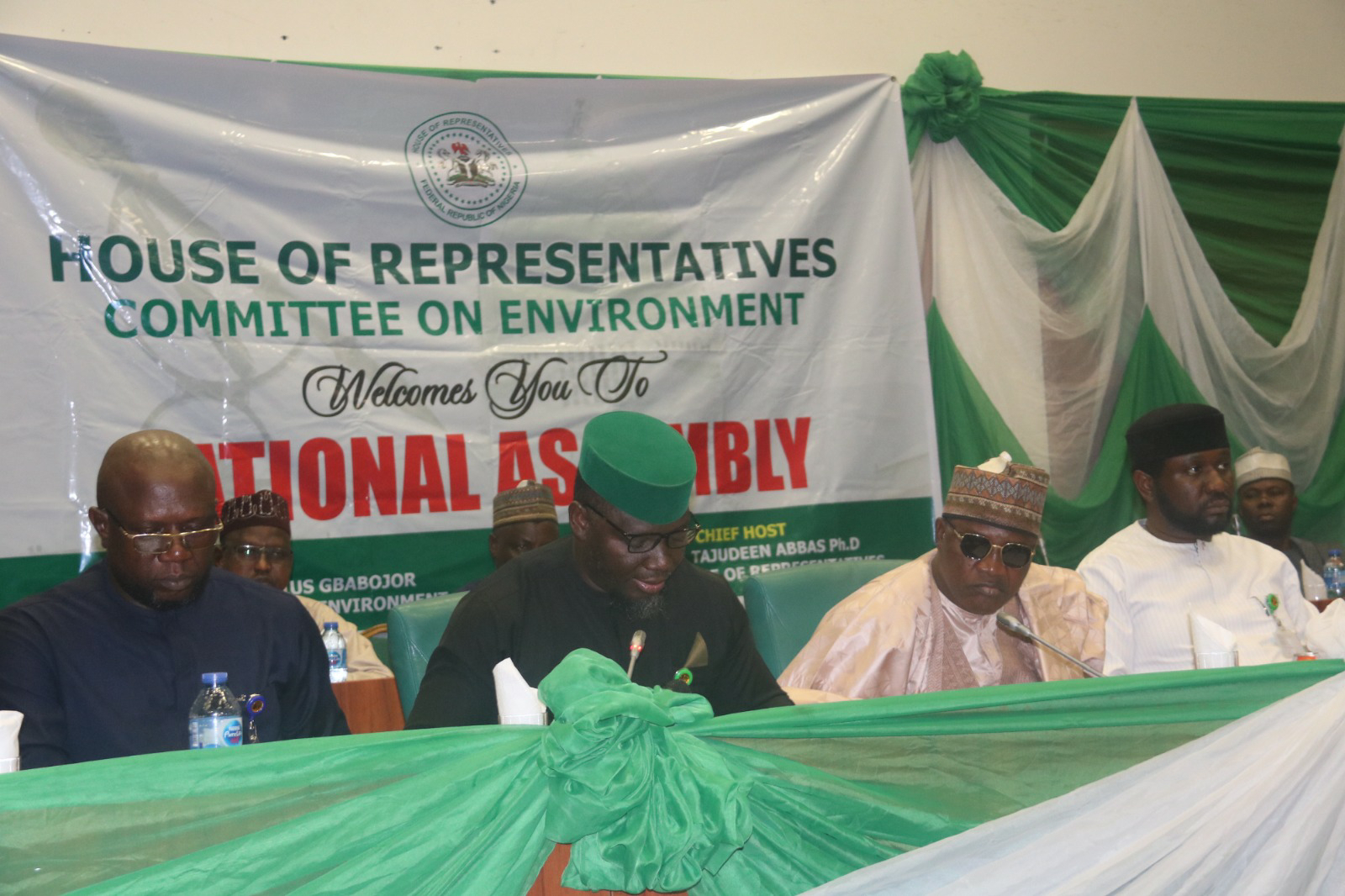BY CHIKA OKEKE, Abuja
The Ecological Project Office (EPO) has pleaded with the Federal Government to increase its allocation, saying that the current funding is grossly inadequate to address the barrage of intervention projects and requests from communities.
News Riders reports that currently, 2. 32 percent is set aside from the Federation Account Allocation Committee (FAAC) for the management of ecological challenges nationwide.
The Federal Government gets 1.00 percent while the States and Local Governments receive 0.72 and 0.60 percent respectively. However, the 0.55 percent of the Federal Government's share is utilised by EPO in addressing ecological crisis.
In addition, the Federal government's one percent share is also distributed among four agencies such as National Emergency Management Agency (NEMA), National Agency for Great Green Wall (NAGGW), North-East Development Commission (NEDC) and the National Agricultural Land Development Authority (NALDA).
The Director, Overseeing the Office of the Permanent Secretary, Mr Clinton Igwe made the request on Wednesday at a one-day Public hearing on gully erosion, perennial flooding and desertification in communities, convened by the House of Representatives Committee on Environment in Abuja.
Igwe described the public hearing as a veritable platform to educate Nigerians, douse misconceptions about the workings of EPO and make necessary clarifications on how the funds are deployed.
He stated that despite the dwindling resources accrued to the office, the Federal Government has shown commitment in its intervention efforts.
The director disclosed that between 2015 till date, EPO has implemented a total of 353 projects, out of which 229 have been completed and commissioned, 72 completed and awaiting commissioning, while 31 are at various stages of completion across the country.
In his opening remarks, the Speaker of House of Representatives, Hon Tajudden Abbas hinted that the public hearing was designed as a veritable platform for the participants to express their views on the diverse impacts of gully erosion and flood disasters on several communities across the states.
Abbas, who was represented by the Deputy Majority leader, Hon Abdullahi Ibrahim Halims informed that the contributions of stakeholders would enable the lawmakers to embark on the right legislative action to tackle environmental challenges.
He was optimistic that the public hearing was an opportunity for the public to participate in parliamentary practice that would guarantee a better legislative framework.
Deputy Majority Leader, House of Representatives, Hon Abdullahi Ibrahim Halims (2nd Right); Chairman, House Committee on Environment, Hon Pondi Julius Gbabogor (3rd Right); and other members of the committee at the Public hearing.
The Chairman, House Committee on Environment, Hon Pondi Julius Gbabogor lauded the legislators and stakeholders for their commitment and vision in addressing the ecological challenges in the country.
He noted that the committee received nine referrals from the House on issues ranging from gully erosion, perennial flooding and desertification in communities, which was why they invited relevant government agencies to attend the hearing in order to deliberate and proffer solutions that would mitigate the crisis.
At the end, there were presentations on gully erosion menace at Nkisi Aroli 1 and Obeleagu communities of Onitsha North/South Local Government Areas of Anambra State, as well as flood disaster in White Sand Areas of Alimosho Local Government Area of Lagos State.
It highlighted the devastating menace of ecological crisis facing the communities and states.
But sponsors for the impending ecological needs harped on the need for urgent and critical interventions in order to save lives, livelihoods and properties in the affected areas.


Comments
Post a Comment